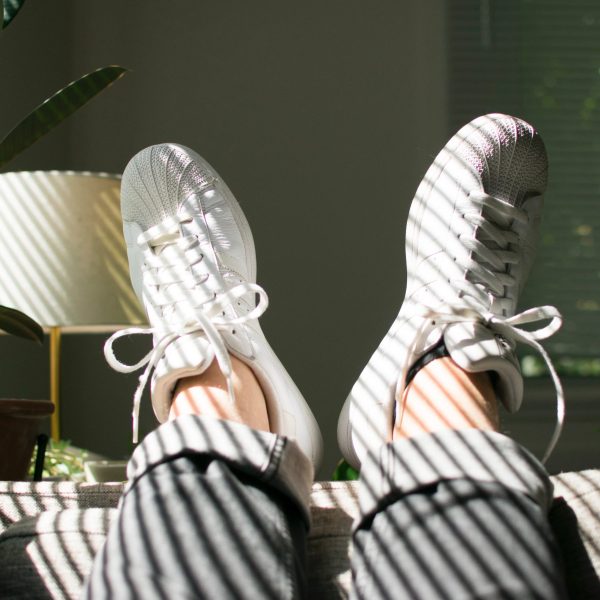Seasonal Affective Disorder (SAD) in Vancouver
Nestled between the Pacific Ocean and the coastal mountains, Vancouver is renowned for its breathtaking natural beauty and vibrant cultural scene. However, for many of us, our picturesque city comes with its own set of challenges during the rainy and gloomy winter months. Seasonal Affective Disorder (SAD), a form of depression that strikes when the sunlight dwindles, affects countless Vancouverites each year. You may be reading this as you have also noticed a shift in your mood as the weather as changed. This page contains frequently asked questions about Seasonal Affective Disorder, or also known as “seasonal depression”.
Frequently Asked Questions About Seasonal Affective Disorder:
- What is Seasonal Affective Disorder (SAD)?
- Seasonal Affective Disorder, often abbreviated as SAD, is a type of depression that occurs at specific times of the year, usually during fall and winter when there is less natural sunlight. It is characterized by recurring depressive symptoms associated with changing seasons.
- What Causes SAD?
- The exact cause of SAD is not fully understood, but it is believed to be related to reduced exposure to natural sunlight, which can disrupt circadian rhythms and affect neurotransmitters like serotonin and melatonin.
- What Are the Common Symptoms of SAD?
- Common symptoms of SAD include persistent sadness, low energy levels, changes in appetite and sleep patterns, difficulty concentrating, social withdrawal, and weight gain. Symptoms typically improve in spring and summer.
- Is SAD Different from Regular Depression?
- SAD shares many similarities with major depressive disorder, but its onset is seasonal and typically occurs during specific months. Both conditions involve feelings of sadness and can affect daily functioning.


- Who Is at Risk for SAD?
- SAD is more common in regions with less sunlight, such as northern latitudes. People with a family history of depression, a personal history of depression or bipolar disorder, and women are at a higher risk.
- How Is SAD Diagnosed?
- SAD is typically diagnosed based on a clinical assessment by a healthcare provider or mental health professional. The provider will evaluate the timing and pattern of your symptoms, along with their impact on your daily life.
- What Treatments Are Available for SAD?
- Treatment options for SAD include light therapy (phototherapy), counseling or psychotherapy, medication (e.g., antidepressants), lifestyle changes (e.g., regular exercise, a balanced diet), and stress management techniques.
- What Is Light Therapy and How Does It Work?
- Light therapy involves exposure to a special lightbox that mimics natural sunlight. It is thought to help regulate circadian rhythms and boost mood by increasing the production of serotonin. Typically, light therapy is used for 20-30 minutes each morning.
- Can Lifestyle Changes Help Manage SAD?
- Yes, lifestyle changes can be effective in managing SAD. Regular exercise, maintaining a balanced diet, getting enough sleep, and reducing stress can all contribute to alleviating symptoms.
- Is SAD a Long-Term Condition?
- SAD is typically a recurrent but manageable condition. Symptoms tend to improve as the seasons change, with many individuals experiencing relief in spring and summer. However, it often returns in subsequent years.
- Can SAD Be Prevented?
- While it may not always be preventable, individuals at risk for SAD can take steps to reduce its impact. This includes starting light therapy before symptoms typically occur, maintaining a healthy lifestyle, and seeking professional help as needed.
- Is SAD a Serious Condition?
- SAD is a genuine mental health condition that can significantly impact one’s quality of life. It should be taken seriously, and individuals experiencing symptoms should seek support and treatment from healthcare professionals or mental health experts.

If you are interested in getting support for seasonal affective disorder or depression our team would love to help you.

